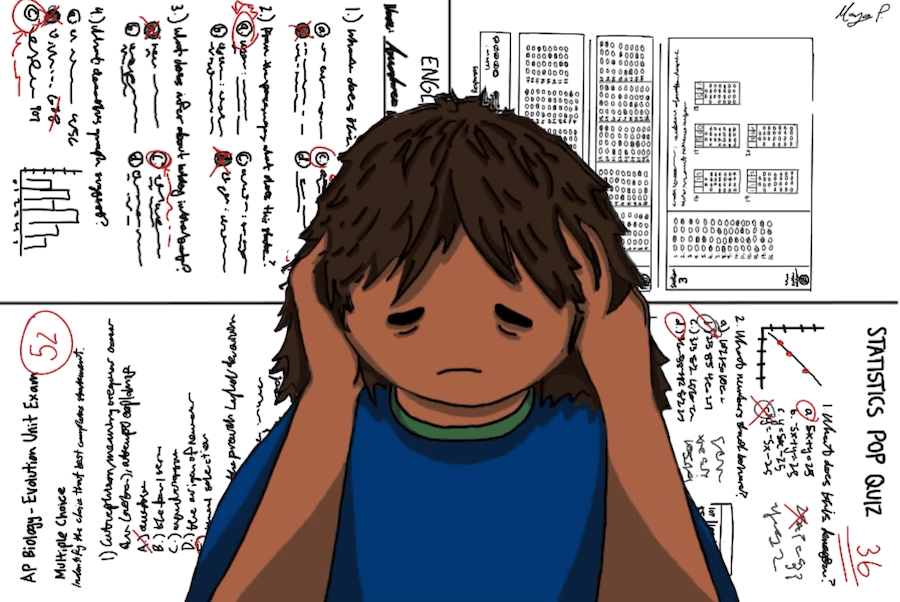By Gabby Sahm
Staff Writer
@gabbysahm

Breaking news: School will now start at 9:00 as opposed to the usual 8:20. This is an announcement every students wishes to see, but that is just because they want some extra hours of sleep.
However, recent studies by the American Academy of Pediatrics states this start time helps students’ health and well being.
In the article that came out on CNN, “School days: Teens need to start later”, studies from the University of Minnesota, Brown University and the Children’s National Medical Center provide solid evidence that running school between 7 a.m. to around 2 p.m. proves to hinder students in their learning capabilities.
The reason is because as schools become more academically challenging, the need for students to get involved in more activities increases. As students become more involved, they get less and less sleep, develop irregular eating habits and sometimes might skip a meal or stay up all night working on school work. As you move up grade levels you are put in higher level classes and the class work and need to be number one increases further.
It is a vicious system but it is set this way to help reach our full potential.
Only 15 percent of public high schools in the U.S. begin at 8:30 a.m. or later. Schools that have changed to later start times have seen “benefits across the board,” Kyla Wahlstrom, director of the Center for Applied Research and Education Improvement at the University of Minnesota, told USA Today.
If students are not getting the necessary hours of sleep and the nutrients they need to fuel their bodies to keep chugging along, they will not reach their full potential. Hence schools starting just a tad bit later would help benefit all students in their academic studies, as the CNN article stated.
Being a junior now, I have witnessed my fair share of stories from my friends in higher level classes about how they “stayed up all night and they feel dead on the inside” or “got no sleep last night because I was studying for this test.” Usually, when they receive their work or test back they did not do as well as they thought they would. If they were able to wake up a little later, differences could have been made.
For students struggling with time management skills, these differences could be even greater. I will admit, I fall into this category because I like to procrastinate on everything. If students procrastinate and stay up all night doing their homework they obviously should have done hours ago, they will never be well rested enough to retain information in school.
Starting school later, even if it is only 10 minutes later, would help benefit not only students but teachers and administrators. When you think about it 10 minutes is actually a significant amount of time. You can finish a homework assignment, eat breakfast, drive to school and make it to your seat on time.
However, starting school later does mean we would have to be in school later. The government requires each school to be in session for a certain amount of hours, so instead of getting out at 3:50, we would face release times closer to 4:30.
In the end, the way you start off your day determines how you act and perceive things for the rest of the day. If you start out with little sleep or do not eat because you are running behind, chances are you are not going to be a nice little ray of sunshine.
If you start your day off with a day good amount of sleep and an adequate breakfast, you are going to significantly happier and more eager to get tasks accomplished and be more thorough while doing them.
Starting school between 8:30-9 a.m could make huge differences in the results we see from students. This effect could change many things about how students act and learn in school. These changes could help students have brighter futures where they are well rested, nourished and thriving.














